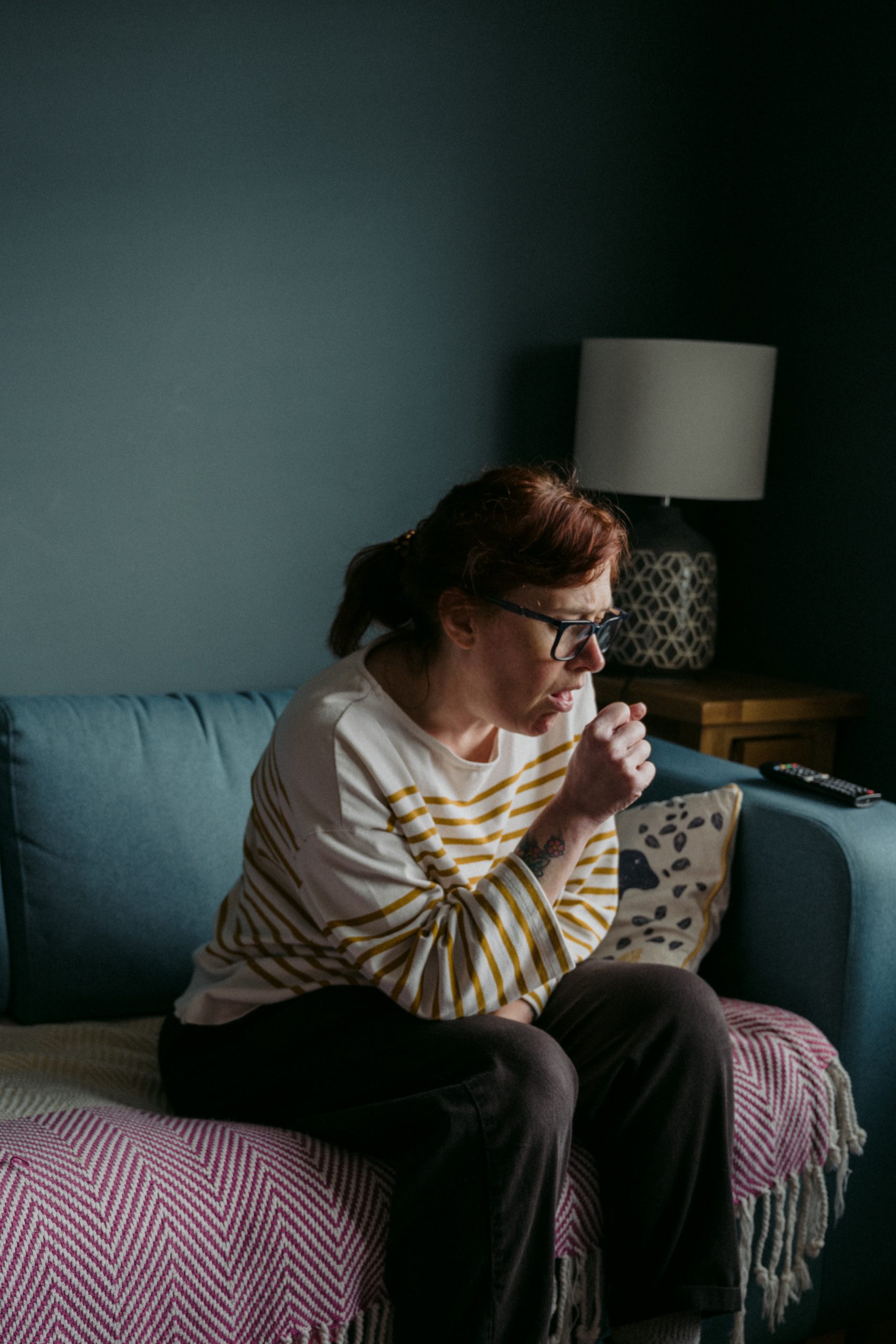This time last year, nobody knew that a global pandemic would hit the whole world and force people to live cautiously for months. Since the start of 2020, everyone has been fighting and finding ways to battle the invisible enemy that is COVID-19.
What makes COVID-19 dangerous, besides its apparent traits of being a life-threatening virus, is that it can affect people differently. There are different types of strains based on your location, and other people have it worse than others.
Today, what alarms the healthcare industry is that mild COVID-19 cases are rising and developing from mild to severe. When you have mild symptoms of COVID-19, it can be confusing, and sometimes you might think that it is just your typical seasonal flu. However, you should be aware of your body and notice if your symptoms are worsening.
According to Dr. Dana Hawkinson, medical director of infection prevention and control, you can experience mild COVID-19 symptoms for a couple of days up to a week and ultimately feel better after. However, you can get severely sick 7-10 days later. This could happen because of immune dysregulation or a cytokine storm.
Being well-informed about the mild symptoms of COVID-19 can help you learn how to deal with it in case you are diagnosed with the virus. Here are things you need to know about COVID-19 and its mild symptoms:
What is a cytokine storm?
One reason why mild COVID-19 symptoms worsen could be the effects of a cytokine storm. A cytokine storm happens when there is an overreaction in the body’s immune system. This type of occurrence is a common complication in different respiratory diseases, and COVID-19 falls under that umbrella.
When you have COVID-19, the virus enters the lungs, causing your body to trigger your immune system to fight this disease. Your immune cells will travel to your lungs to attack the virus, which may cause inflammation and overreaction. When there is an overreaction in your immune system, it may cause hyper-inflammation in your body, which could be fatal.
How does a mild case turn into a much severe case?
Mild COVID-19 symptoms usually start as a cold, or you may even be asymptomatic. If you do not take extra precautions or if your immune system starts to go on overdrive, the symptoms may develop into pneumonia.
In some cases, other patients experience “silent hypoxia.” Silent hypoxia happens when your blood oxygen saturation level is low, and you do not notice any symptoms of breathlessness.
It is best to monitor your symptoms from the day you start experiencing them until around 14 days.
What are the symptoms I need to look out for?
COVID-19 symptoms may include the following:
- Fever
- Cough
- Chills
- Muscle pain
- Headache
- Loss of taste and smell
- Sore throat
- Shortness of breath
This virus’s symptoms are incredibly unpredictable and can vary because of the virus’s different strains and their effects on other bodies. It is best to have a symptom diary to keep track of the severity of your sickness. This will also be helpful should you need medical assistance.
What can I do if I am experiencing mild symptoms?
First, isolate yourself from other people to avoid contracting the disease. The next thing you want to do is keep your body hydrated and take the necessary medication to reduce your fever.
The moment you are not feeling well, check if you are experiencing any of the COVID-19 symptoms. Reliable healthcare articles can give you additional information on how you can keep your symptoms from worsening.
Conclusion
If you feel unwell and think you might have COVID-19 symptoms, isolate yourself, and take proper medication to stop these symptoms from worsening. The healthcare industry suggests that the best way to fight COVID-19 and prevent people from being severe cases is to continue practicing caution. Keep yourself hydrated, take the proper medication, and isolate yourself to help your body recover while protecting other people from the virus.
Dose of Healthcare is an online medical blog that focuses on giving the general public reliable news and articles about the healthcare industry today. If you want to learn more about COVID-19 and be updated with other healthcare news, check out our blog today!


















